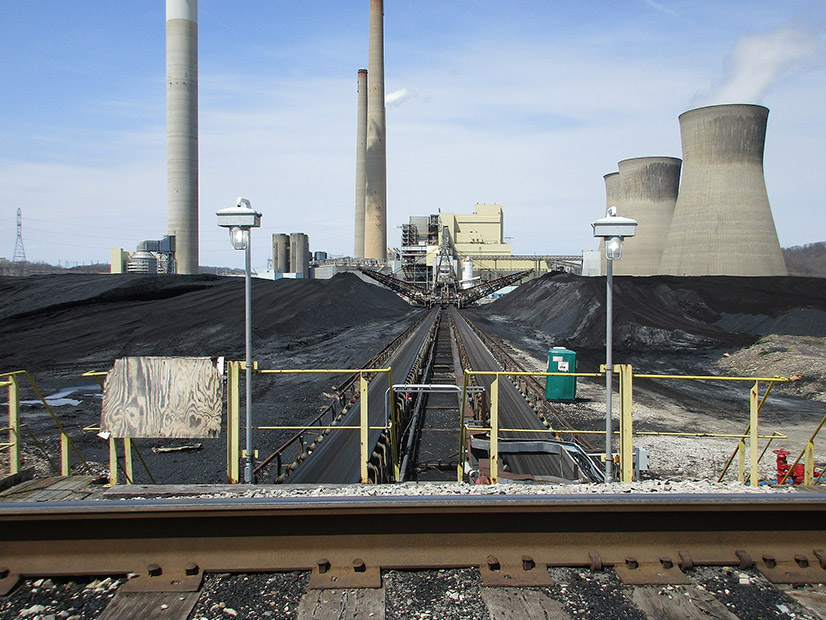
Sen. Joe Manchin (D-W.Va.) made it clear Thursday that he not only supports the Biden administration’s clean hydrogen programs but also wonders why there is no production tax credit for the fuel.
“Let me tell you what’s happened for credits in the last 10 years — production tax credits for wind and solar. Twenty-five to $30 billion we’ve invested. Hydrogen? Zero production tax credits,” Manchin, chairman of the Senate Energy and Natural Resources Committee, said during a hearing concerning hydrogen’s potential as a fuel.
“We have got to get off the dime and start doing something or we’re going to be left behind and be totally, totally subservient to China, I believe. I believe we’re putting ourselves in one hell of a mess,” Manchin said.
A hydrogen production tax credit was included in the administration’s ill-fated Build Back Better bill, which Manchin refused to support, partially because of the cost of the social programs the legislation would have also created.
Manchin also said he believes West Virginia, rich in shale gas, would be an ideal location for one of the Biden administration’s planned hydrogen and carbon hubs. The administration’s plan would be to produce low-cost hydrogen from plentiful shale gas and inject the leftover carbon dioxide into geological formations. Using funds authorized by the bipartisan Infrastructure Investment and Jobs Act passed by Congress last fall, Biden allocated $8 billion for the creation of four hydrogen hubs around the nation.
The administration wants to lower the price of “green” hydrogen produced from the electrolysis of water powered with renewable energy to $1/kg by the end of the decade, compared with $5/kg today, according to the Department of Energy, and as much as $14/kg according to other sources. “Blue” hydrogen produced by steam reforming of methane, with carbon capture, costs about $2/kg to produce.
Sen. James Lankford (R) from Oklahoma, another state rich in natural gas, also expressed support for using hydrogen as a fuel, but said questions of infrastructure and regulatory oversight must be addressed.
The committee also examined using existing natural gas pipelines to move hydrogen. Sunita Satyapal, director of hydrogen and fuel cell technologies office within the U.S. Department of Energy, said hydrogen can cause embrittlement of some pipeline metals. Noting that the question is being studied here and globally, she said the current consensus is that hydrogen can be mixed with natural gas at a ratio between 5 and 15%.
“There are now over 40 companies along with our other consortium to look exactly at what types of materials should be used. The flame is hotter with hydrogen,” Satyapal said. “In terms of looking at our safety codes and standards, our R&D is really helping to inform the right codes and standards, [and] having the right injection standard, both in terms of the pipelines [and burner tips]. We’re working with [the Department of Transportation], the pipeline and hazardous materials safety authority that regulates safety of pipelines.”
Other experts testifying said pipelines carrying pure hydrogen use different metals than those used in gas pipelines.


